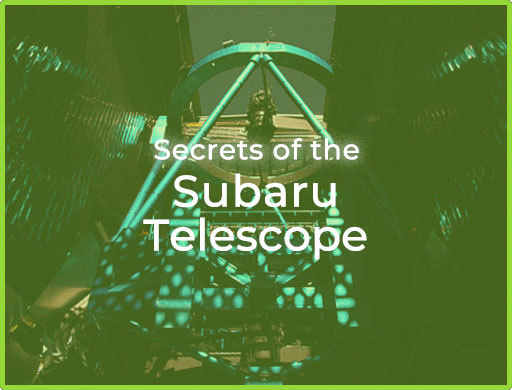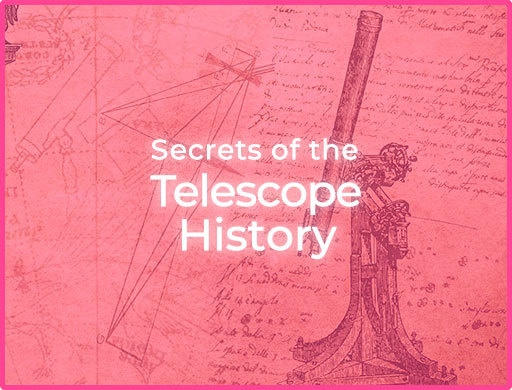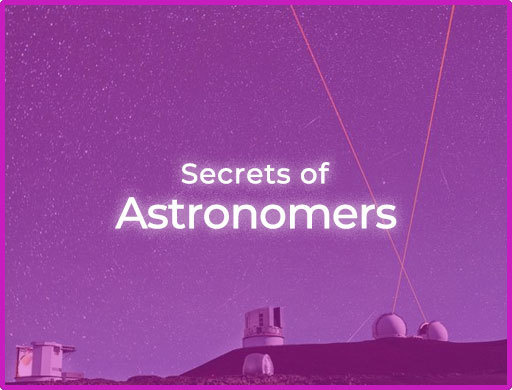Secrets of
Astronomers

 Only a few nights a year for observations
Only a few nights a year for observations


Only a few nights a year for observations


You may think an astronomer's main job is to watch stars every night, but they only spend a few nights per year for observations through large telescopes such as the Subaru Telescope. The rest of their time they engage in a wide range of activities, such as preparing for observations, analyzing data, or developing science instruments.


When astronomers want to use the Subaru Telescope, they need to write and submit proposals for their research project. A review is conducted to award observing time for highly ranked proposals.
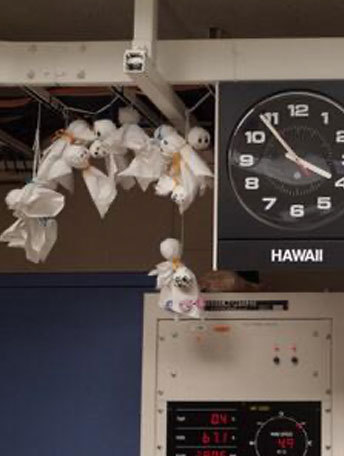

When weather conditions are not suitable for observations, astronomers lose opportunities to use telescopes. So they care about weather information, hoping the night sky will be clear.
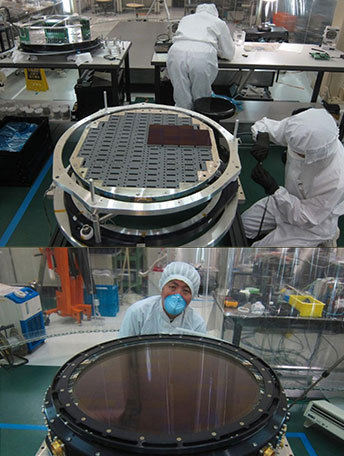

Some astronomers expand their activities to include developing new science instruments together with researchers and corporations globally, in addition to astronomical observations and data analysis.
 Working together as a team
Working together as a team


Working together as a team


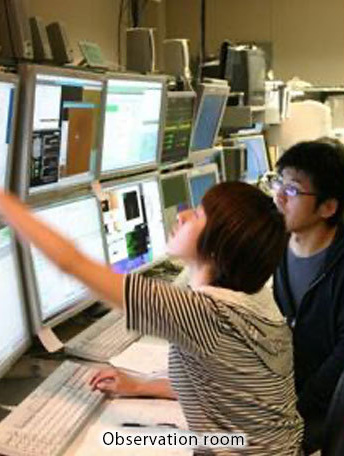

You may imagine astronomers directly looking into an eyepiece, but instead they use computers and monitors to look at the images and analyze the data.
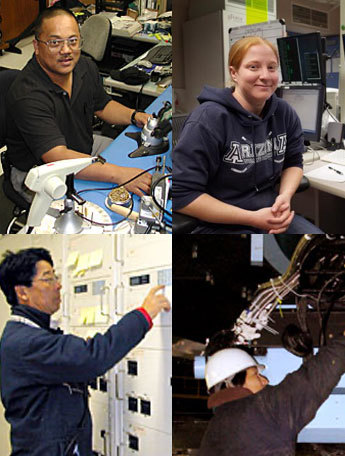

Engineers, programmers, maintenance technicians, and many other people work together to operate a telescope, leveraging their expertise altogether.
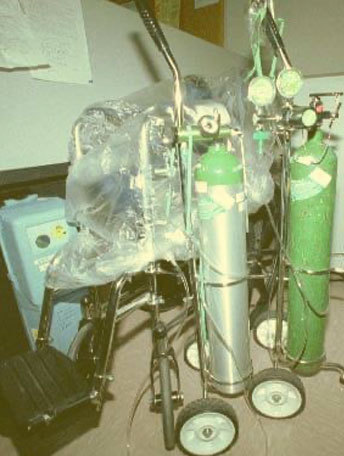

Most telescopes are located at high altitudes, where headache, dizziness, and other symptoms of altitude sickness may occur when one cannot get enough oxygen from the thin air.
 More things to do
More things to do


More things to do


Astronomers engage in a wide range of activities, including development of new telescope projects, outreach activities for sharing scientific discoveries, and education for students, in addition to observations, data analysis and presentation of research results. We value communication with local people, including lectures in schools by astronomers and engineers.
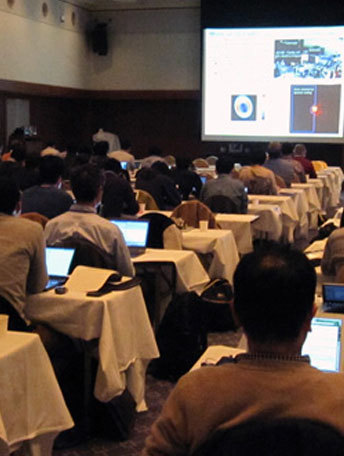

Users of a telescope have regular meetings to present research results and discuss telescope operations as well as new telescope plans for future astronomy.


Astronomers engage in outreach activities and communication with local people, such as sharing observation results, so that more people can experience excitement and wonders of astronomy and science.
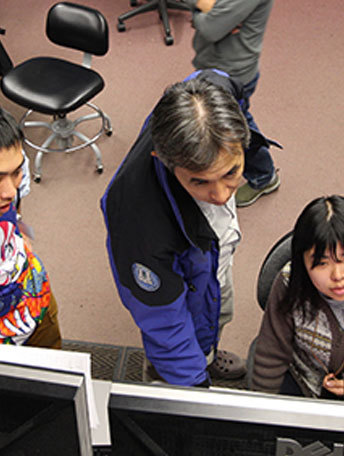

Some astronomers teach graduate students who pursue professions in astronomy. Developing course syllabi for students in different fields of science is part of their work.


What would you like to learn next?


 Ready to take the quiz?
Ready to take the quiz?




